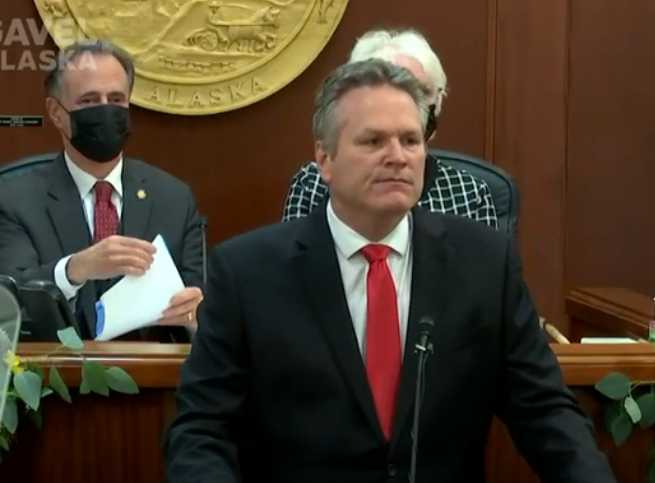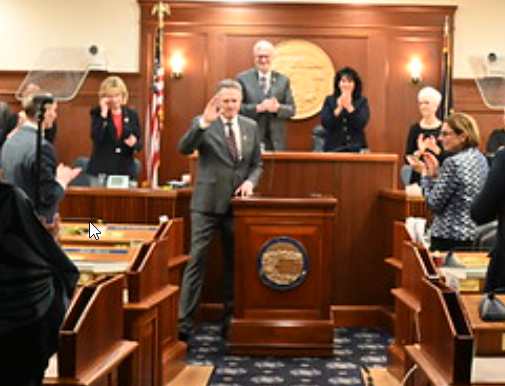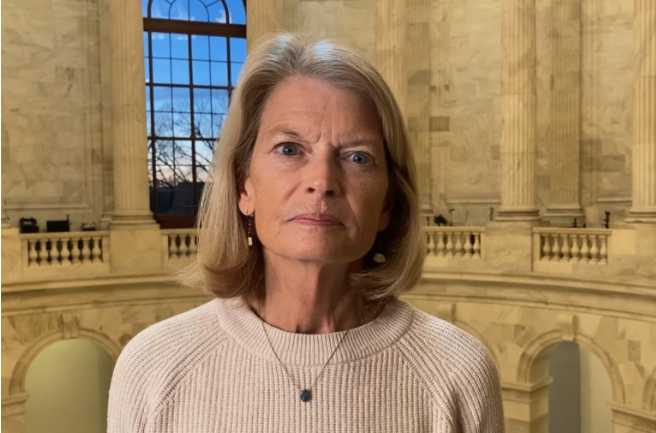[dropcap]L[/dropcap]ast month, Governor Dunleavy unveiled his proposed FY 2020 operating budget, which among other drastic cuts, slashed $330 million from education funding. This budget would devastate public education and leave a bleak future for our children and communities. These severe proposed budget cuts have damaged Alaska’s reputation as a desirable place to live. Thankfully, they’ve also galvanized many citizens across the state, who realize that now is the time, more than ever, for Alaska’s budget to prioritize the things we value.
The deep cuts proposed to K-12 education are at a level not seen in other states. This is because public education has always been a priority for successful communities, states and countries. The people of Alaska also value their local schools and understand the critical role they play in their communities, as confirmed in a new survey conducted by a coalition of education advocacy groups called “The Great Work of Alaska’s Public Schools.” You can find a link to survey results at http://www.alaskaacsa.org/new-survey/.
A majority of Alaskans polled believe public education is the No. 1 priority for government funding. Alaskans who participated in this survey know that young people are our future leaders, innovators, educators, investors, philanthropists, doctors, engineers, writers, welders and builders. Survey results also show that Alaskans support elected officials who will invest in public education and work to make it better for all children. This investment is not possible without a long-term fiscal strategy that moves away from the roller coaster ride of budgeting based on oil prices and production. It’s not possible without a diversification of revenue streams.
[content id=”79272″]
Already, we’ve heard concerns from families with children, from kindergarteners to seniors preparing for high school graduation, that the uncertainty over education funding each year presents a huge negative check mark against Alaska when it comes to the livability and economic health of our state. Alaska must be a great place to work, raise families and have our children graduate from high school prepared for career or college. If elected officials do not embrace this as a priority policy for the state, what kind of future do we face? Who is going to lead Alaska’s businesses, new industries, technology, infrastructure and future if not the next generation of Alaskans?
The devastating cuts proposed by the Dunleavy administration, which economists predict will deepen the ongoing recession and lead to more people leaving the state, have many Alaskans now demanding real solutions. The hard work of putting together a long-term sustainable fiscal plan is imperative and takes real leadership to accomplish. Our economic health and the future of the state depend on it.
Timely, reliable and predictable funding notification for education should be an important part of this plan. Timely notification would allow K-12 school districts across the state to have certainty and stability in budget planning, so that budgets can be submitted to their local governments as required by late March, early April. It would eliminate the nonproductive work of preparing various budget scenarios and pink slips, while wild swings in education funding levels are debated to the bitter end of each legislative session.
Senate Joint Resolution 9, introduced by Sen. Mia Costello of Anchorage, would provide for that timely funding notification. It’s the kind of common sense solution that would go a long way toward bringing some stability to our state. Coupled with a long-term and sustainable fiscal plan that considers new revenues, we could begin to see an economic recovery in Alaska and possibly even some population growth and prosperity. Our shared vision for Alaska’s students includes a long-term fiscal plan that ensures sustainable education funding for current and future generations. It’s the only viable alternative before us.
A budget isn’t just about what certain things cost; it’s about what people value. Let’s start a truly honest budget discussion that offers a vision for a positive future.
Norm Wooten
Dr. Lisa Skiles Parady
Sarah Sledge








